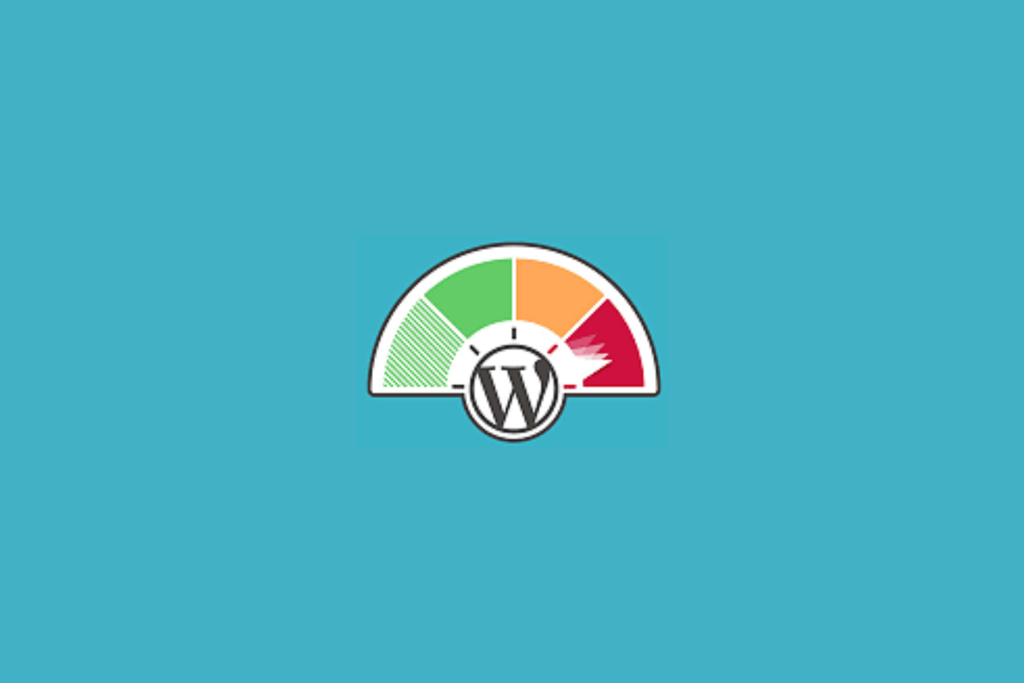Helen | 4 Jul 2017

The Yoast SEO Plugin is a really useful plugin for WordPress that gives you guidance on how to optimise your website for search engines.
You enter a keyword in the ‘focus keyword’ box and it gives you a list of recommendations on how you could optimise your content better for that term. For example, it might advise you to put your focus keyword at the start of the title tag, or to use it more frequently in your body copy.
It has a kind of ‘traffic light’ system whereby you get a green if you’ve satisfied most of its requirements, an amber if you’re doing quite well but there’s room for improvement, and a red if you’ve really not followed many of its guidelines at all.
So far, so useful. We use it every day. However…
Repetition of the same phrases over & over is not how SEO works in 2017.
Here’s why.
- Google is cleverer than that. They can pretty much figure out what a page is about, without needing to see the exact same phrase repeated over and over. (That doesn’t mean that we still don’t sometimes recommend using particular phrases in particular places on particular pages. We just don’t go too crazy with it, and we would use different variants of a phrase rather than the exact same one every time).
- The resulting content may not make sense or read well. If you’re inserting keywords into your page where they just don’t fit, it may end up sounding clunky and repetitive. Our job as SEOs is not just to bring people to a page, but to engage with them when they get there. (Again, we’re not saying don’t find ways of fitting phrases into your content – just don’t do it at the expense of good copy).
- There is no such thing as ‘good keyword density’ anyway – there are no hard and fast rules about where or how many times to put your keywords in your content in order to rank well. Google often ranks pages that don’t use the keyword that you searched for on the page at all. (I’ll say it again, that’s not to say we do not recommend things like putting your target keyword in the title tag, because we do. But horses for courses. Don’t treat every page in the same formulaic way.)
- There’s no ‘correct length of content’ either. Your content should be the length that it needs to be to serve its purpose. Thinking of adding a couple of unnecessary paragraphs of meaningless waffle to your page for no reason other than that Yoast told you to? Don’t go there. You’re better than that.
- If you end up with a page stuffed full of unnatural sounding phrases, Google may not like it. See their quality guidelines: https://support.google.com/webmasters/answer/66358?hl=en.
What am I saying here?
I’m saying yes, you might want to follow some of Yoast’s advice on putting keywords into title tags, meta descriptions, body content etc. But balance it with making your copy sound good and perform its desired function for users.
Don’t just blindly follow the traffic lights and don’t think that if you don’t make all the lights go green, your site isn’t optimised. This brings me on to my second key point.
What makes a site rank well isn’t just the content anyway.
Take a look at any authoritative analysis of search engine ranking factors (eg Moz’s search engine ranking factors study) and you’ll see that SEO is far from being all about content. You could have the best content in the world – with all your Yoast lights a nice bright green – and still rank absolutely nowhere.
A large part of your page’s ranking will be determined by how many good quality links are coming in to your site and your page, and other factors which have nothing to do with how you’ve worked the keywords into the page – how quickly your site loads, whether it has an SSL certificate, and many, many more.
Again, I’m not saying don’t use the Yoast plugin, or try to optimise your content for specific keywords. I’m saying don’t make the lights go green and then think ‘job done’.
After all…
Yoast isn’t Google.
There are numerous different tools that will scan your page content and give you a grade to show how well you’ve optimised your content for a particular phrase. But none of these tools are made by Google. None of them are the authority. They’re a great place to start, and if you follow their advice, you may well end up ranking better than you did before you started.
Just remember though, they’re not always right. Use your judgment and don’t ruin your copy because a computer told you to.
Tags:
More from Ascendancy
Always coffee in the mornings, then tea in the day. You can never go wrong with an Italian… until you have to pick whether you want pizza or pasta. But Italian is probably my favourite. I would…
For e-commerce stores, a shopping feed provides a revolutionary way to advertise your product catalogue online. Despite removing the limits of a physical storefront and enabling you to list thousands…
Six months ago I started a Digital Marketing Assistant Apprenticeship, here at Ascendancy. To say that the time has flown by, would be an understatement! Although it is now hard to imagine life…
